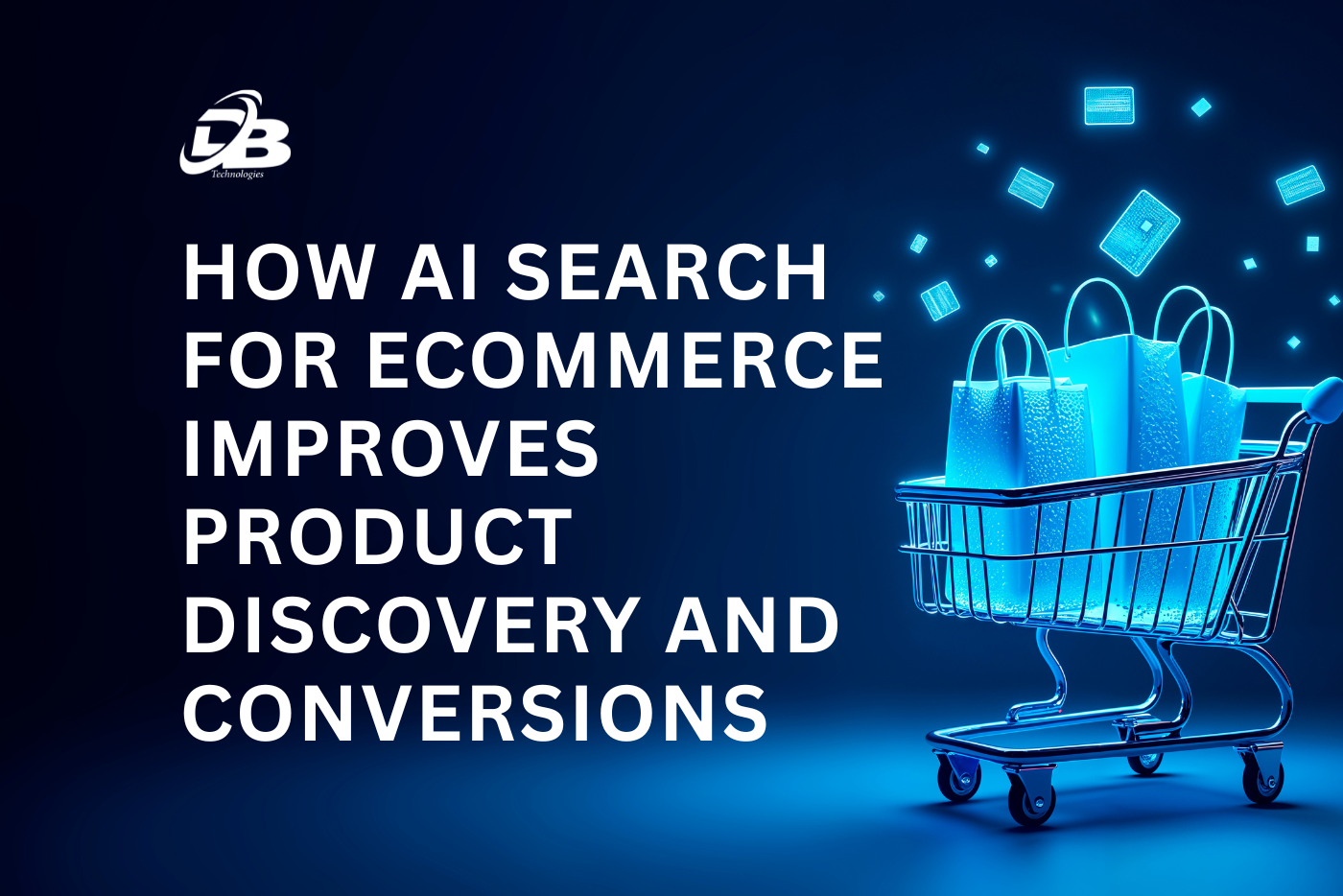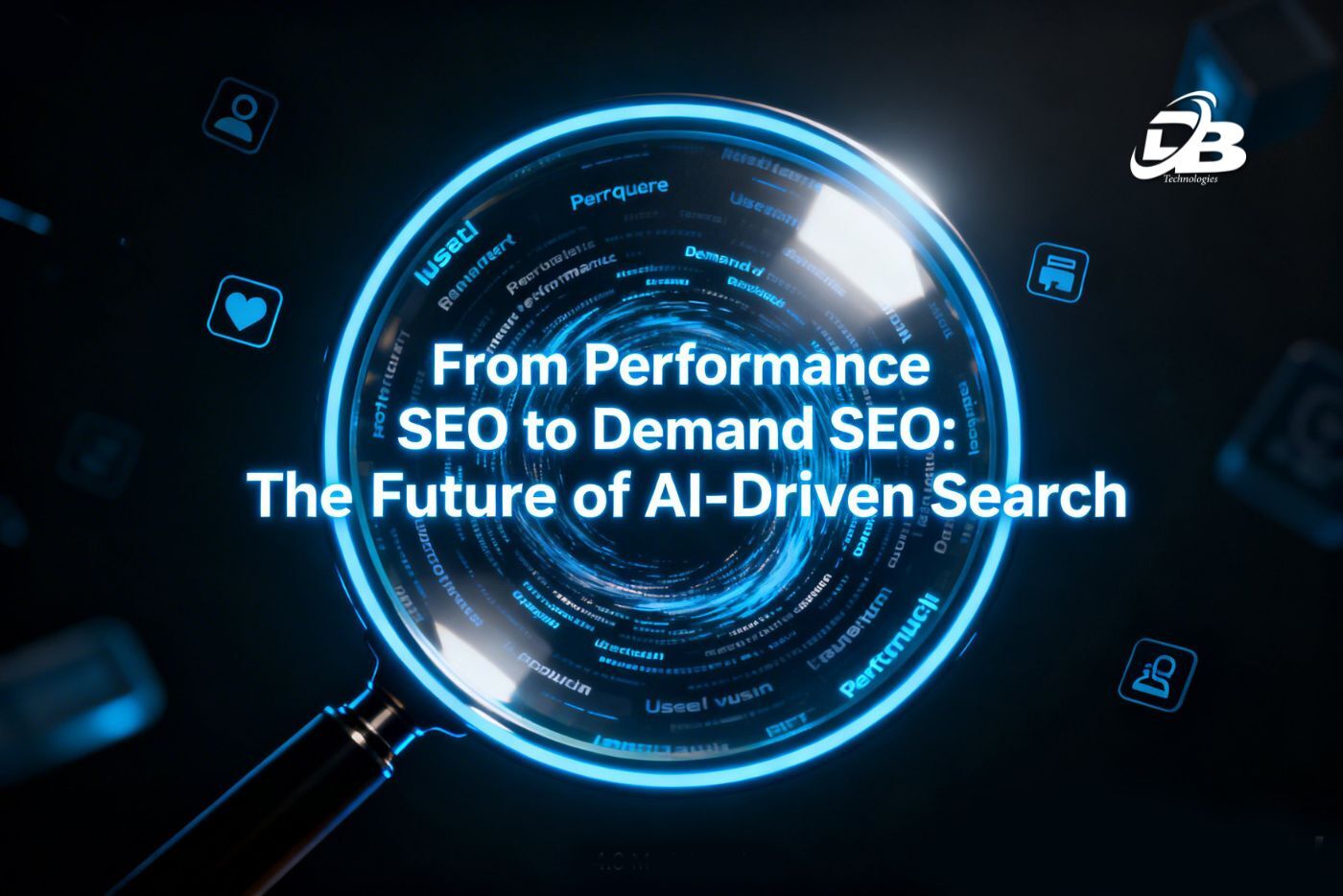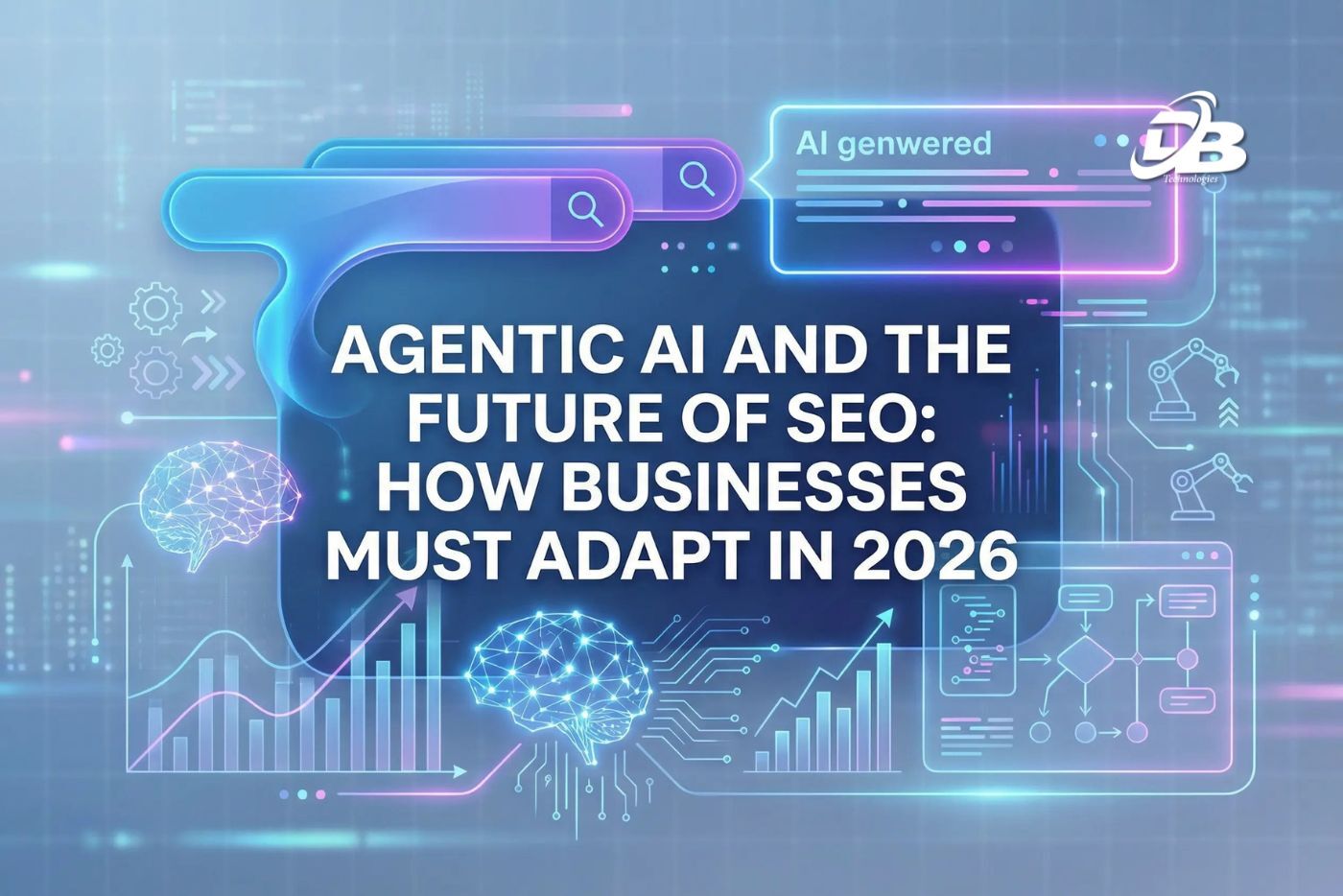
Here’s the fact, eCommerce is crowded. You’ve got thousands of products, maybe even millions, and the competition is just a click away. Customers today are impatient, they want to find what they’re looking for fast, and if your website doesn’t help them do that, guess what? They’ll leave. And probably never come back.
Now, here’s the big question, “How do you make sure your visitors find the right products without frustration?”
This is where AI Search for eCommerce comes in.
The game is to not just meet your customer’s search expectations but to exceed them? To understand what they mean, not just what they type? To guide them effortlessly to the perfect product, making them happier and boosting your sales in the process?
What is AI Search for eCommerce?
Before we go too far, let’s clear the basics.
When you go to an online store and type “black running shoes,” what happens? Ideally, you should see black running shoes, right? But how often do you get irrelevant products? Maybe you see black boots, or worse, unrelated accessories.
That’s a sign the search engine isn’t smart enough.
AI Search for eCommerce changes that.Rather than matching only keywords, it is aware of intention, context, synonyms, and even behavior of the customer. It gives you a hyper smart sales assistant who knows exactly what you desire, even when you cannot always explain it.
This is what is unique about it:
Natural Language Processing
It learns phrases such as comfortable shoes to jog in, rather than jogging shoes.
Personalization
It makes use of previous browsing and purchasing behaviour to present specific outcomes.
Synonym Handling
Whether you type “sofa” or “couch,” AI knows it’s the same thing.
Visual Search
Upload an image, and boom, you see similar products.
Basically, AI search doesn’t just look at words. It looks at meaning, intent, and context.
Why Traditional Search Doesn’t Cut It Anymore
Once upon a time, keyword search was enough. People typed exact words, and the system matched them. But shopping habits have changed.
Consumers now use conversational queries:
1) “Best budget smartphones under $300”
2) “Red dress like the one Taylor Swift wore”
A regular search engine would choke on this. It would look for the exact phrase instead of breaking it down:
1) Budget?
2) Smartphones?
3) Under $300?
That’s why traditional search leads to poor product discovery. Customers leave because they can’t find what they want. And when they leave, your conversion rate drops.
Here’s a stat for you: 69% of shoppers leave a site because the search experience is bad. That’s a huge number.
So if you’re still relying on the old-school search bar, you’re losing money every single day.
How AI Search Improves Product Discovery
Now, let’s get to the good stuff.
When you implement AI Search for eCommerce, magic happens:
1. Smarter Understanding of Queries
AI uses machine learning and NLP to understand the meaning behind the words. If someone searches for “warm jacket for hiking,” AI looks for:
1) Jackets suitable for hiking
2) Jackets designed for cold weather
3) Maybe even waterproof ones
Traditional search? It would just match the words “warm” and “jacket.” Big difference.
2. Handles Typos Like a Pro
Ever typed “iPhone 15” instead of “iPhone 15”? AI search gets it. No awkward “Did you mean…?” messages. It automatically corrects the query.
3. Personalized Recommendations
This one’s a game changer. AI doesn’t just show any product, rather it shows products based on your history, location, and preferences. That means if you’ve been browsing running gear, the next time you search for shoes, you’ll see running shoes first.
4. Visual and Voice Search
This is huge. Upload a picture of a handbag you saw on Instagram, and AI finds similar products on the site. Or just say, “Show me summer dresses under $100,” and boom, results.
The Real Benefits of AI Search
Sounds cool, right? But what does all this tech stuff really do for your business? Let’s keep it simple. The benefits are pretty obvious once you look at them and yes, they do affect your sales big time.
1. Higher Conversion Rates (The Big One)
This is the part everyone loves. When customers find the right product quickly, they buy faster. No endless scrolling, no frustration. AI search shows the most relevant products right away, which means more items in carts and more checkouts. Many businesses even see double digit jumps in conversions after using AI search.
Better discovery means better sales, right?
Here’s why AI search is a conversion booster:
1) Faster results = Happier customers = More purchases
2) Relevant results = Higher chances of buying
3) Personalization = Customers feel understood (and that builds loyalty)
4) Cross selling opportunities = AI suggests related products (“You might also like…”)
According to studies, sites with advanced search convert 4–6 times more than those without it.
2. Fewer People Leaving Search (Goodbye Zero Results)
You know those annoying “no results found” pages? With AI, those are pretty much gone. AI handles typos, slang, and even vague searches like a pro. So instead of losing visitors because they typed something slightly wrong, you keep them engaged on your site.
3. Bigger Orders (AOV Boost)
Here’s a sneaky good benefit: AI search is amazing at recommending extras.
1) It shows “Frequently Bought Together” products right inside the search results.
2) It highlights matching accessories or add-ons.
3) It even promotes higher margin items without being pushy.
That means customers don’t just buy what they came for, they often spend a little extra.
4. Insights You Didn’t Know You Needed
Your search bar is like a direct hotline to what your customers want. AI tools collect data from every search, so you know what people are really looking for. This includes searches that had no results, and that’s a goldmine. It tells you about the upcoming trends and informs if inventory is missing.
5. A Better Shopping Experience
A smooth, personalized search experience makes shopping stress-free. That builds trust. And trust means customers keep coming back to you instead of your competitors
Real Life Examples
1) Amazon
The king of AI search. It uses personalization like crazy. Ever noticed how you search for something once, and your homepage changes? That’s AI at work.
2) ASOS
They use visual search. Snap a photo, and you’ll find similar outfits.
3) eBay
Voice search and predictive text for better results.
If these big players are using AI search, why shouldn’t you?
How to Implement AI Search in Your Store
Okay, enough theory. Let’s talk about action.
Here are steps to get started:
1) Audit Your Current Search
Search for your own products. Use misspellings, long queries, and check results. If you’re frustrated, your customers are too.
2) Choose an AI Search Solution
Popular ones include: Algolia, Elasticsearch with AI plugins, Klevu and Searchspring
3) Integrate with Your Store
Most solutions have plugins for Shopify, Magento, WooCommerce.
4) Optimize Your Data
As clean and structured data gives the best results. Ensure that product names and descriptions, and tags are properly spelled..
5) Track Performance
Use analytics to see if searches lead to sales.
Some Practical Tips for Success
1) Using autocomplete: Helps customers type less, find faster.
2) Enable synonym mapping: Don’t lose a sale because of different wording.
3) Leverage AI recommendations Show related items on product pages.
4) Keep testing Search is not “set and forget.” Always improve.
Common Mistakes to Avoid
1) Ignoring mobile users (most searches happen on mobile!)
2) Not optimizing product descriptions
3) Forgetting about speed , AI is useless if your site is slow
4) No analytics , If you don’t track, you can’t improve
The Future of AI Search
AI search isn’t slowing down – it’s moving fast. Here’s what’s coming (and honestly, some of it is already here):
1) Visual Search
Soon, people won’t just type. They’ll upload a photo of something they like, maybe shoes they saw on Instagram,and your site will show similar ones. Pretty cool, right?
2) Voice Search
Thanks to Alexa and Siri, talking to tech feels normal now. Soon, shoppers will say stuff like, “Show me cheap coffee tables under 40 inches.” AI will handle these natural voice searches with ease.
3) Hyper Personalization
Search won’t just know what you bought before. It’ll consider real-time stuff too. Like, if it’s raining where you are, guess what? You’ll see rain boots first.
4) AI Shopping Assistants
The search bar? It’s turning into a chat buddy. It’ll answer questions, suggest products, and guide people like a personal shopper.
Wrapping up
Search isn’t just a box on your website anymore, it’s the deal maker or breaker for your online store. Every time a customer types something and leaves empty handed, that’s a lost sale you’ll never get back.
AI Search for eCommerce gives you an edge by making search smarter, faster, and more personal. It’s not about adding fancy tech for the sake of it, it’s about making sure people find what they want without friction.
If you want proof, start with your own data. Look at what people are searching for and not finding. That list tells you more about your business than any marketing report ever will.
The opportunity is sitting right there, in plain sight. The only question is: are you going to let someone else give your customers a better search experience before you do?












